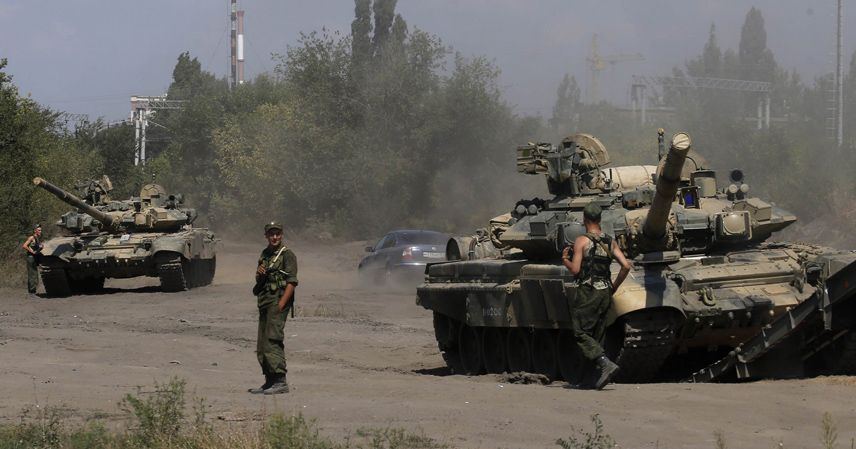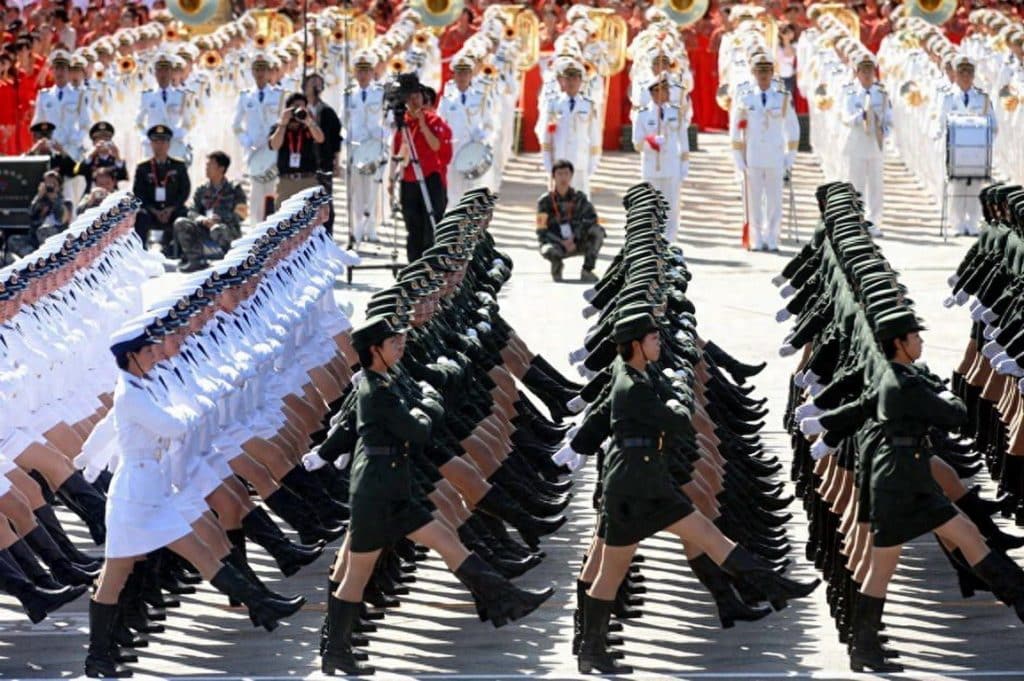Russia’s Growing Expectation of China
Russia’s conflict in Ukraine has now stretched over three years, gradually eroding the initial confidence of Moscow. At the onset, Russian military planners believed in swift battlefield victories and were somewhat prepared for Western sanctions. However, over time, intensified sanctions, particularly in energy and finance, have strained Russia’s economy, slowed industrial production, and fueled inflation. These pressures, combined with the absence of rapid military success, have heightened Russia’s expectations of its long-term strategic partners—chiefly China.
As the world’s second-largest economy and a key trade and energy partner, China has historically provided Russia with significant support. From oil and gas purchases to continued trade in industrial goods and grain, China’s role has been critical in sustaining Russia’s economy. Yet this support has remained primarily economic; China has consistently avoided direct military involvement in the Ukraine conflict.
Recent comments from a Russian strategic expert suggest that if China continues its neutral stance, Russia may need to “reconsider its direction.” The statement, subtle in tone, reflects a psychological gap: Moscow hoped for more direct military backing, while Beijing has maintained a cautious, non-military approach.
Economic Support vs. Military Expectation
China’s economic assistance has indeed mitigated some of the pressures of Western sanctions. Continued energy purchases have ensured a relatively stable revenue stream for Moscow. Trade in industrial and agricultural products has further maintained bilateral economic flows. Nonetheless, these measures have limited impact on the actual battlefield dynamics.
The discrepancy between expectation and reality is now evident in Russian media and among analysts. While Russia appreciates China’s economic support, the absence of military aid creates a sense of disappointment. In this context, the neutral stance is perceived as “supportive but insufficient,” revealing the limits of economic assistance in times of war.
Historical Context of Sino-Russian Relations
Russia’s current sentiment is deeply rooted in historical expectations. The two countries have navigated periods of tension during the Cold War and more recently established a “comprehensive strategic partnership.” China has served as a crucial source of technology and market access, while providing diplomatic support in multilateral forums such as the United Nations.
During the Ukraine conflict, Russian observers naturally anticipated that China might extend military support, given their longstanding strategic ties. The psychological expectation for direct involvement, however, clashes with China’s broader geopolitical calculus.
China’s Calculated Neutrality
China’s neutral approach is deliberate and reflects long-term strategic considerations. The Ukraine conflict is not merely a regional war but a flashpoint in global power competition. Direct military involvement could compromise China’s diplomatic flexibility and economic interests, while exposing it to potential backlash from Western powers.
By maintaining neutrality, China balances its support: it assists Russia economically without crossing into military engagement. This strategy safeguards Beijing’s strategic autonomy and preserves its broader international interests.
Russia’s Psychological Gap
Russia’s reaction highlights the psychological dimension of international partnerships. Moscow’s gratitude for energy and trade support is tempered by frustration over the absence of direct military aid. The resulting gap between expectation and reality manifests as subtle dissatisfaction and is reflected in both media discourse and strategic commentary.
This gap has broader implications for Russian decision-making. Faced with limited Chinese military support, Russia may explore alternative partnerships, reassess its foreign policy strategy, or seek more independent operational capabilities. Meanwhile, China’s approach underscores a consistent principle: provide support where possible, but avoid unnecessary entanglement.
Implications for Strategic Stability
The ongoing gap between expectation and reality in the Russia-China relationship demonstrates the nuanced balance in international politics. Long-term strategic partnerships do not guarantee immediate alignment in crisis situations. Even closely allied states may pursue distinct courses based on national interests and risk assessments.
China’s strategy reflects a form of measured pragmatism: it ensures Russia retains the capacity to survive economic pressures while avoiding the high-risk entanglements of military intervention. For Russia, this creates a complex dynamic—appreciation coupled with subtle disappointment—shaping both public perception and policy considerations.
Looking Ahead
While Russian analysts highlight the potential for reconsideration, China’s neutral stance is unlikely to change in the short term. Its strategy emphasizes stability, risk mitigation, and long-term strategic autonomy. Economic support, energy purchases, and trade engagement remain the primary tools through which China influences the conflict indirectly.
The situation underscores a key lesson in international relations: psychological expectations often diverge from tangible actions, and managing this gap is essential for maintaining stable partnerships. The Russia-China dynamic in the Ukraine conflict exemplifies this principle, demonstrating how long-term strategy may outweigh immediate battlefield needs.
References
- Russian strategic expert interviews, October 2025.
- Analysis of Russia-Ukraine conflict economic impact, International Crisis Group, 2025.
- Sino-Russian trade data, Ministry of Commerce of China, 2025.



